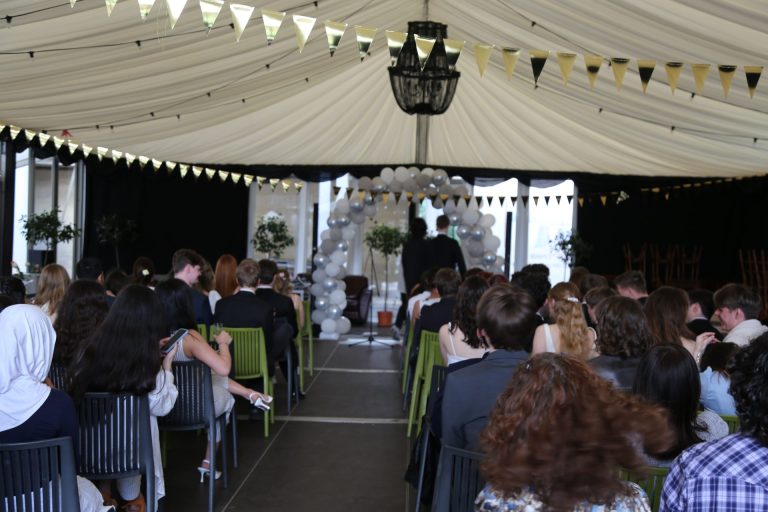What did you want to be when you grew up? An astronaut maybe, or a rockstar? A life-saving surgeon? You probably didn’t envision yourself working a 9-5 desk job. Do little girls dream in Excel spreadsheets?
When we think 9-5, we often think of gruelling, monotonous work. Answering emails, attending meetings: all to line a man’s pockets. Outside of the office, we’re subject to American Psycho-esque materialism and impersonal LinkedIn connections. In 2024, it seems that fashion has become an essential means of navigating a faceless, consumerist world.
Enter the ‘office siren’. She’s chic, an undeniable ‘girlboss’, and is never seen without heels in the workplace. She is the latest iteration of womanhood to have her moment of internet fame.
Does the office siren exist in real life? In most cases, the answer is no. Sure, Linda from HR may rock a white YSL blouse and vintage Dior kitten heels, but this cyber-constructed identity is just that: entirely fabricated through the internet. What is most striking is the demographic of those participating in the trend: young women posturing as corporate professionals in a world that still denies them such opportunities. The glass ceiling remains a material reality, with only 29% of managerial roles worldwide being occupied by women in 2024. Even where women enter the corporate workplace, sexualisation is rife, and the HR-averse outfits worn in ‘office siren’ lookbooks certainly contribute to the proliferation of the male gaze.
However, it is crucial to note that for the most part, these outfits aren’t branded as work outfits, but rather as casualwear, constructed around an identity as an office siren. Time and time again, it is enough to appear online as the type of girl who would be a CEO, or read Sylvia Plath, or go to raves in Berlin. Perhaps part of the appeal is nostalgia bait – growing up we were presented with images of women in the fictional workplace, sporting high fashion with no regard for codes of conduct. Think The Devil Wears Prada. To me at least, this is what we crave. In a world where graduate employment prospects are plummeting, perhaps pretence is all we have left.
Much can be said about the patterns of consumption that go into becoming the office siren. The Shein micro-glasses and H&M pinstripe trousers that complete the look often rest upon the toil of exploited workers. This corporate façade comes at the expense of real, dehumanising labour. Ironically, in the attempt to survive a heartless, materialist world, the devastating impacts of fast fashion are only exacerbated.
Ultimately, however, a lack of authenticity is the reason the office siren look will never work for most people. If fashion is a mode of self-expression, then there is surely little to be gained from mindlessly mimicking internet trends. Besides, is there anything more stylish than being true to yourself?












